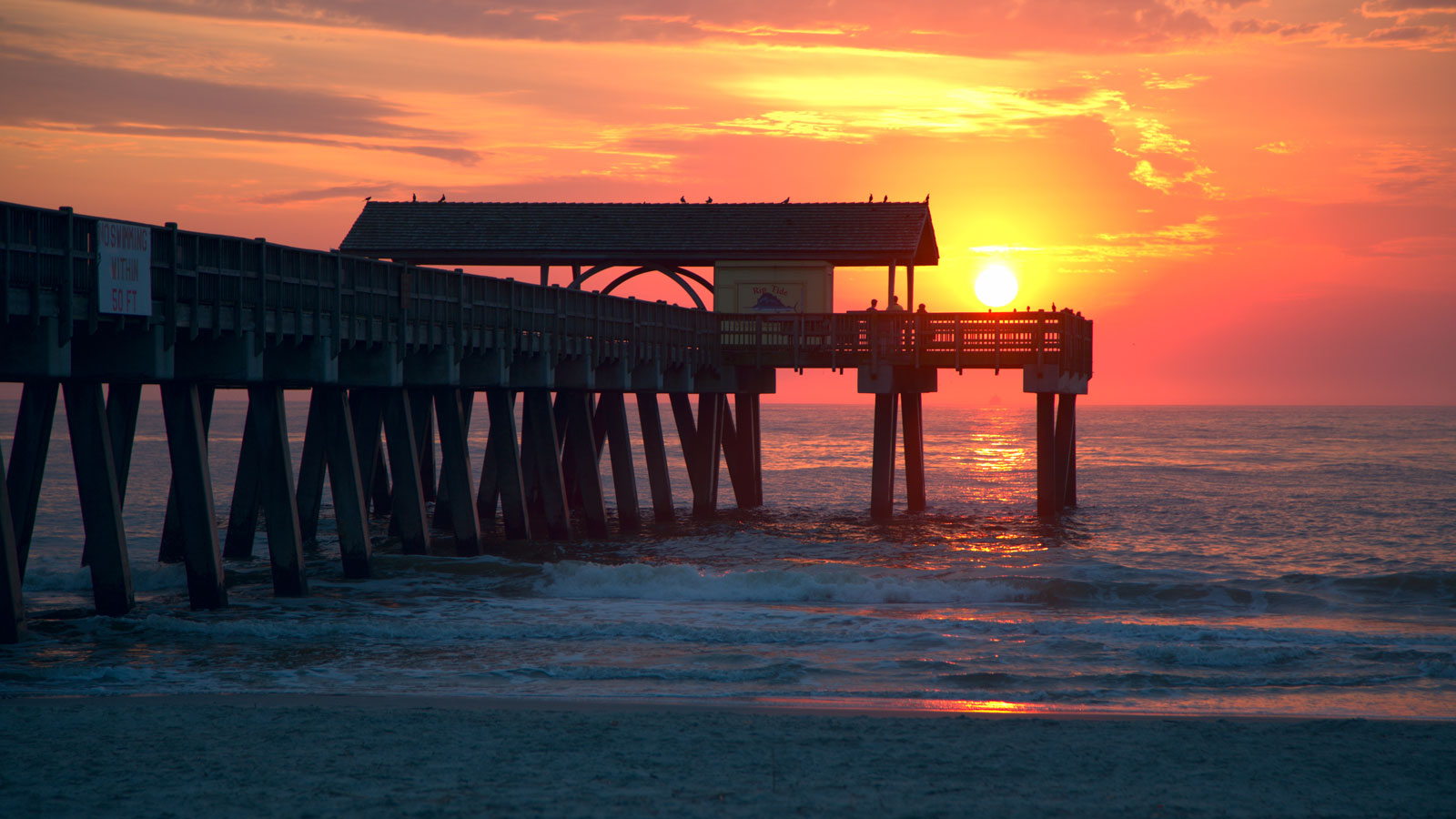On Tybee Island, off the coast of Georgia, climate change is hard to ignore. Rapidly rising seas and more extreme storms cause repeated flooding in streets, yards, and homes.
“Many of the residents have lived there for a long time,” says Jill Gambill of the University of Georgia Marine Extension and Georgia Sea Grant. “And so they’re saying … they haven’t seen anything like what’s happened over the last few years.”
Gambill is part of a team working to identify ways to protect Tybee Island from flooding and erosion.
“One of the most vulnerable areas for the island has been the marsh side, which is mostly private property,” she says.
So she says it’s important to develop solutions that homeowners can support, and include residents in the planning process.
The team created a website where people can document local flooding.
And it’s been running public meetings and surveys to gather residents’ input about a range of solutions, from creating green spaces designed to absorb excess water to offering property buy-backs.
“In doing planning, local knowledge and local experiences are so critical,” Gambill says, “especially if we’re trying to create a sustainable, resilient future for a community. They need to be part of the conversation and part of the solutions that we’re developing.”
Reporting credit: Sarah Kennedy/ChavoBart Digital Media
Source link


